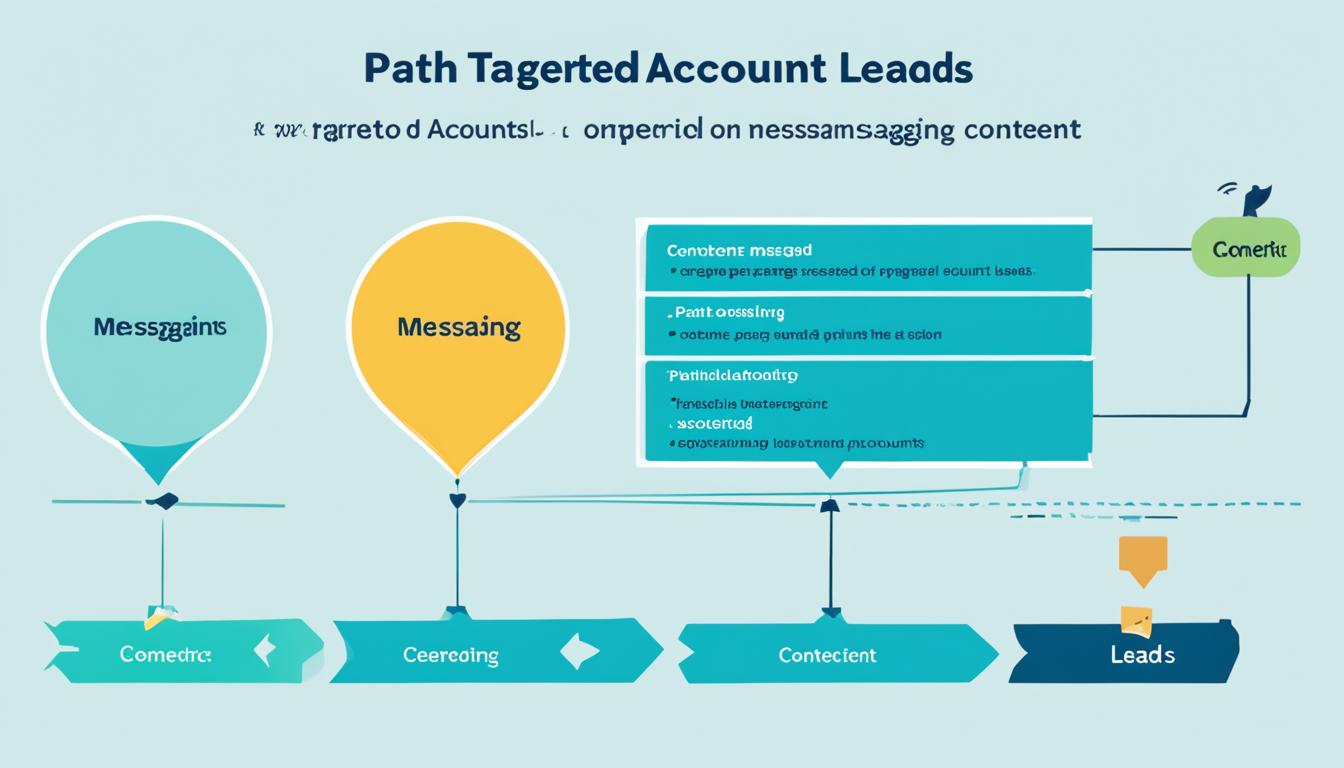Managing your business’s financial documents manually isn’t just extremely inefficient but also highly prone to errors and compliance risks. Every outdated spreadsheet, lost receipt, or clunky process holds you back from smoother operations and smarter decision-making. The solution? Digital tools that simplify your financial documentation.
From automating tax planning to streamlining payments with digital checks, technology can quite literally transform how you handle your financial workflows, making them more efficient and accurate. Here’s how you can make that happen.
Digital Tools That Simplify Financial Documents
Tax Planning Software
Tax season can be incredibly chaotic and stressful (there’s even a new term for it: taxiety), but tax planning software can make it much smoother by automating calculations, keeping track of deductible expenses, and ensuring compliance with current regulations. Tools like TurboTax or QuickBooks sync with your financial data, helping you prepare accurate returns without the usual guesswork.
Automation can also remind you about upcoming deadlines or potential deductions, so nothing slips through the cracks. And if you’re collaborating with an accountant, sharing digital files makes the process seamless (no more last-minute courier runs).
Digital Checks
Printing, signing, and mailing checks is a hassle you don’t need. Digital checks speed up payments and offer better tracking capabilities. For example, if you need to provide a voided check for direct deposit setups, you can generate a digital version instead of hunting through old checkbooks. It only takes a moment.
Meanwhile, a voided check provides essential banking information – routing and account numbers – without the risk of unauthorized use. It’s commonly used to set up payments like direct deposits or electronic bill payments. Platforms like FormPros let you create them quickly and securely, ensuring you meet bank or vendor requirements without dealing with physical paperwork.
Cloud-Based Accounting Platforms
Cloud accounting software, like Xero, FreshBooks, or QuickBooks Online, allows you to manage finances from anywhere. With these tools, you can generate invoices, track expenses, and pull reports in real time. And the cloud ensures your records are always backed up and accessible, even if your hard drive decides to give up the ghost.
These platforms also integrate with other business tools. For example, you can sync your accounting software with payroll solutions to automate wage calculations and tax filings.
Optimized Expense Tracking
Keeping track of expenses manually is no easy task. But digital expense tracking tools like Expensify or Zoho Expense simplify the process by letting you scan receipts, categorize expenses, and generate reports on the go.
Automated workflows can flag duplicate entries or unusual spending patterns, helping you maintain tighter control over your budget. And if you’ve ever had to chase down employees for missing receipts, digital expense tools also streamline submissions and approvals (so there’s no more mystery charges).
Secure and Accessible Digital Storage
You’re not doing yourself any favors by keeping financial records in physical filing cabinets. Cloud-based storage tools like Dropbox, Google Drive, or OneDrive offer secure, searchable storage for all your documents.
Set up folders for invoices, tax returns, payroll, and expense reports. You can also use access controls to ensure sensitive information stays secure (not everyone needs to see those salary records). Digital storage also makes retrieval much quicker because you don’t have to dig through paper mountains.
Automated Financial Reporting
Generating monthly or quarterly financial reports manually is tedious, to say the least. Digital tools, on the other hand, can automate reporting, providing real-time insights into your business’s financial health. Whether you need profit-and-loss statements, cash flow reports, or balance sheets, automation can give you consistent and accurate data.
Platforms like Fathom or Spotlight Reporting also help you visualize trends, forecast future performance, and make data-driven decisions. They (and similar tools) are excellent for making better-informed financial decisions about your business, plus they ensure your reports stay up-to-date without constant effort.
Wrapping Up
Using digital tools for financial documentation can not only save you a ton of time but also improve your business’s efficiency, accuracy, and security. Automating tax planning, expense tracking, and reporting both reduces errors and keeps your records compliant. Digital solutions also ensure your data stays accessible and secure, giving you more control and visibility over your finances.
Streamline your processes now, and you’ll free up resources to focus on growth and strategy instead of getting buried in paperwork.




